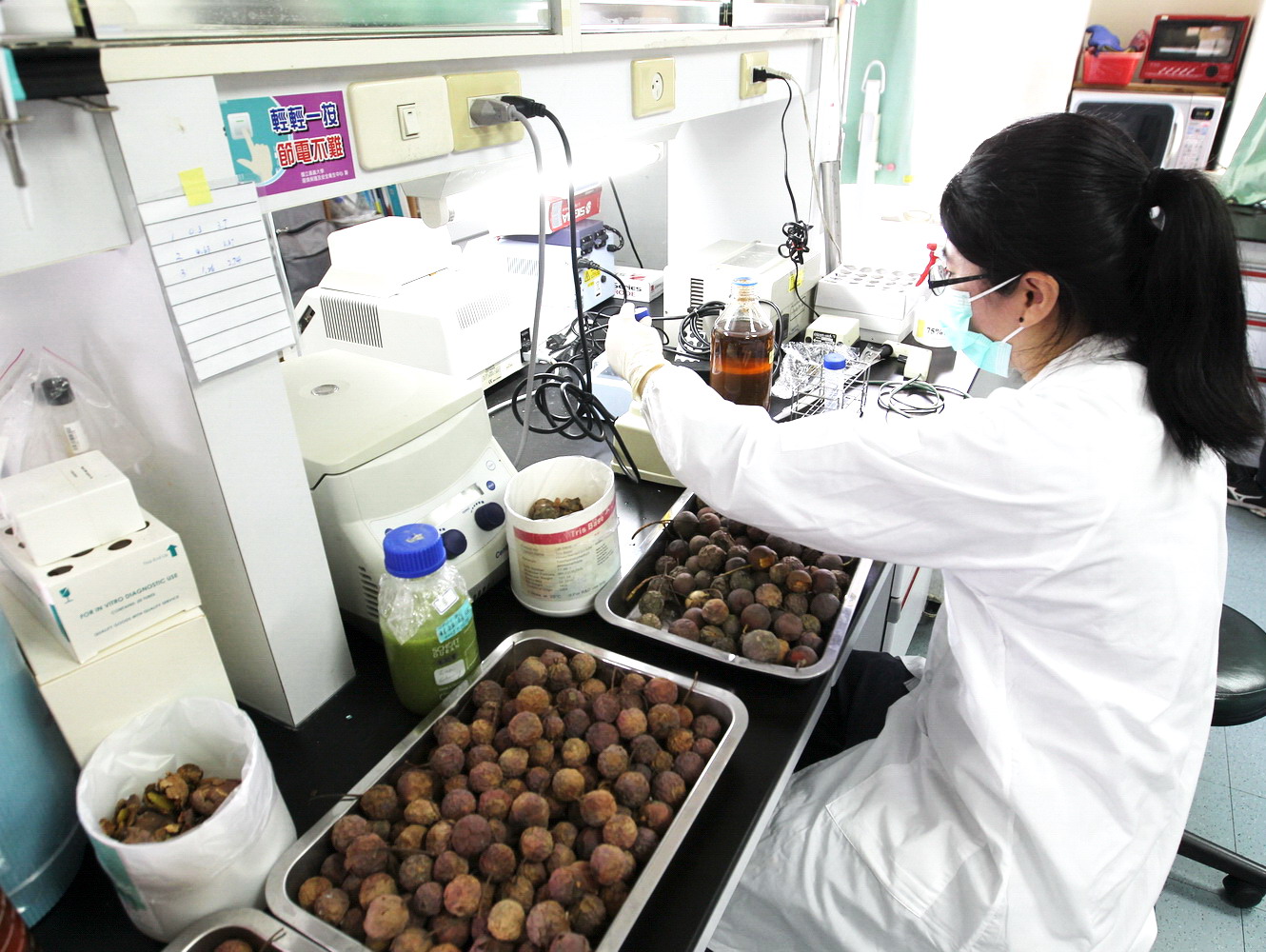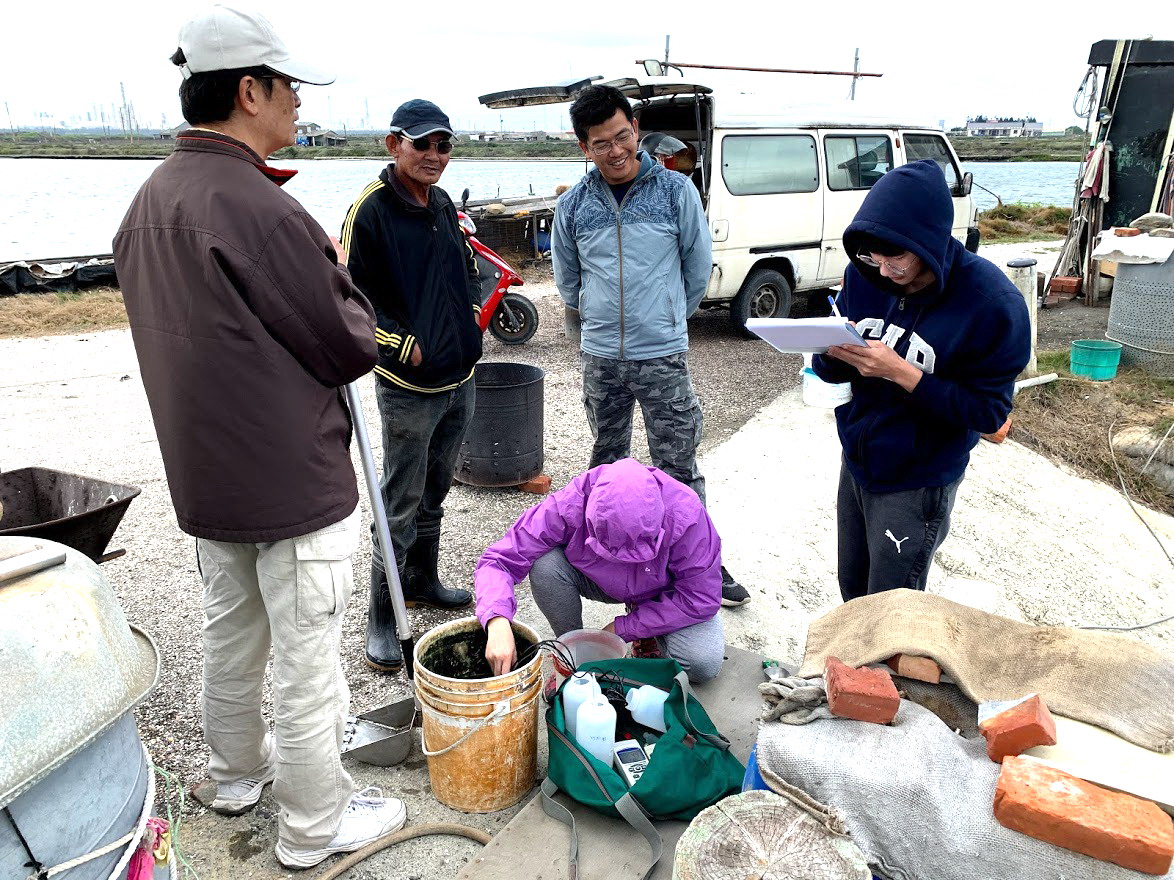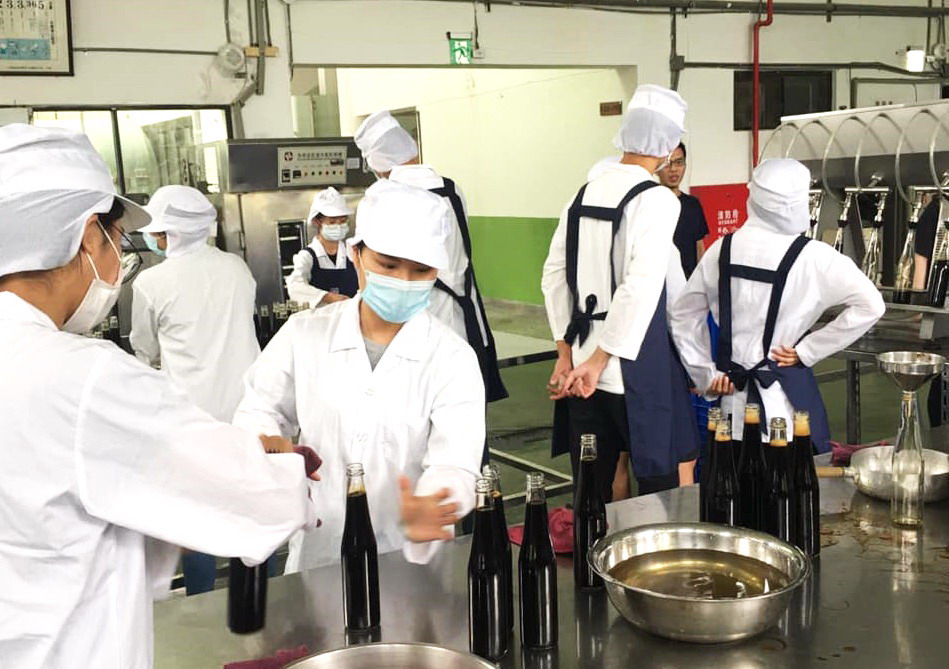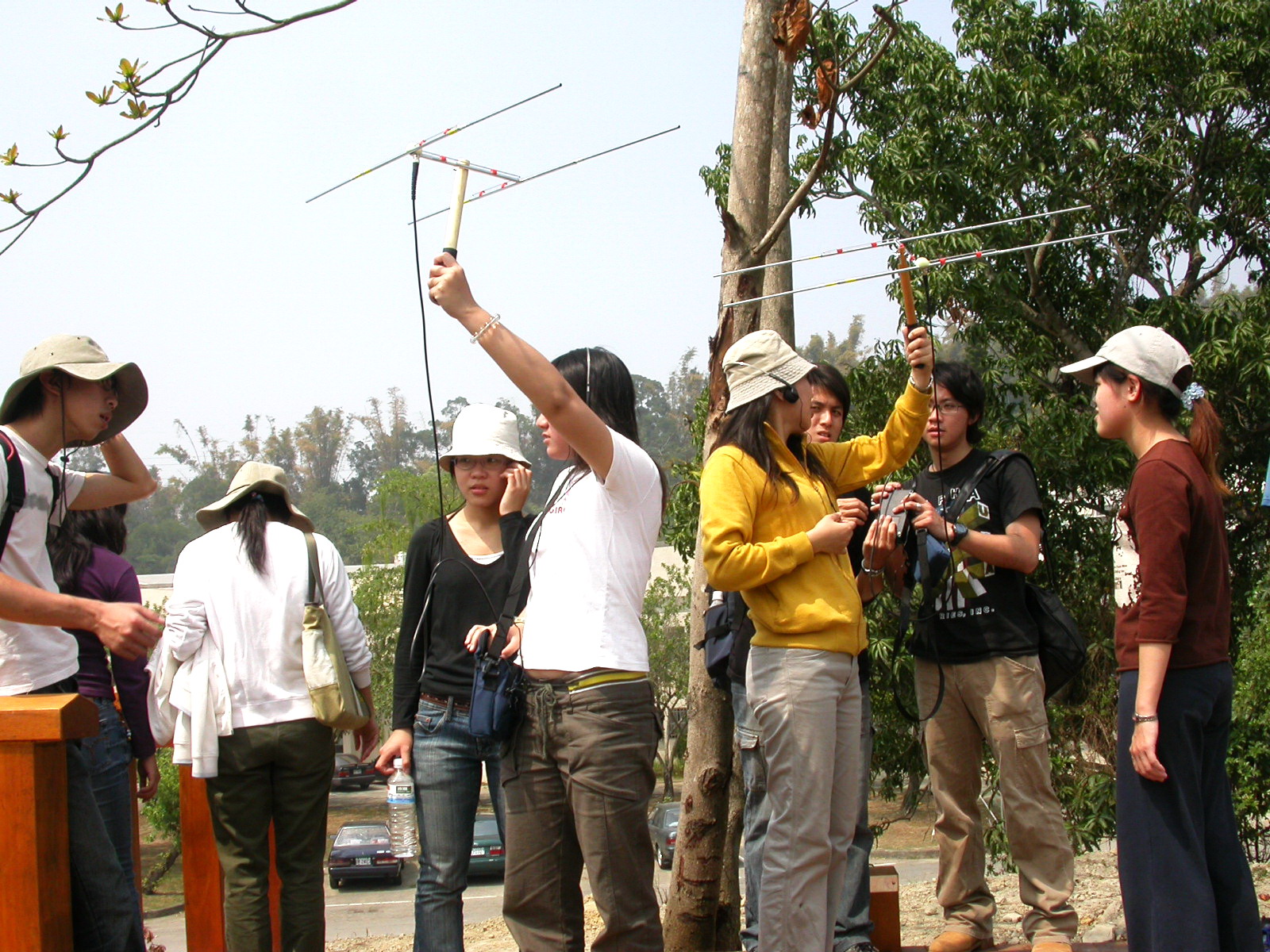|
|
 |
|
| |
 |
News |
 |
Browsing: 3024 times

|
Date:2021-04-19
Bracket:2021 Feature
Department:ncyu
|
 Creating Infinite Possibilities in Life for a Smart, Healthy and Happy life
Creating Infinite Possibilities in Life for a Smart, Healthy and Happy life
In pursuit of “healthy body”, “healthy life” and “healthy environment” with “health” as the central idea, the NCYU College of Life Sciences applies emerging biotechnology to ensure the coexistence and co-prosperity of diverse species in nature. The aim is to foster practice and academic research by cultivating professionals with enthusiasm for life sciences through innovative education. Seeing “professionalism and creativity, morality and service, and global vision” as basic values, the college is dedicated to three educational goals: (1) nurturing professionals who pursue excellence and innovation; (2) nurturing professionals with moral integrity, professional skills, and a concern in whole-person development; (3) nurturing professionals with awareness of ecological conservation and global vision. It is committed to cultivating students’ practical abilities through academic competitions and practical courses, as well as expanding students’ worldview by promoting international exchange and cooperation. In recent years, it has recruited a number of professional teachers in biotechnology and environmental ecology to form an interdisciplinary academic research team with research and development potential and practical capabilities. It is also proactive to facilitate the development of the biotech and health industry in Taiwan by offering guidance to biotech companies in the Yunlin-Chiayi-Tainan region.
Department of Food Science to Ensure Food Safety and Health through Food Innovation
The Department of Food Science consists of the bachelor’s program, master’s program, doctor’s program, in-service master’s program and bachelor’s program in the division of continuing education. The faculty boasts expertise in four major areas: food processing and food engineering, food chemistry and analysis, nutrition and health food, and food microbiology and biotechnology. They embrace an educational philosophy that focuses on both theory and practice. In addition to strengthening the theoretical knowledge at the classroom, it offers experimental courses, factory practice, and short and long-term internship courses off campus. It allows the students to put theory into practice, thus reducing the education-job mismatch. Apart from research funding from government units, the faculty has been actively seeking industry-university cooperation projects to assist the food industry in solving problems and developing new products. They not only publish research and development results on internationally renowned journals, but commit themselves to technology transfer and patent acquisition. The faculty also encourages and advises students to participate in food-related skills certification and food technician examinations. In recent years, the average passing rate of the students in the food technician examination of the Ministry of Examination is around 10-15%. This bears witness to the remarkably effective teaching and learning the department’s teachers and students have shown in terms of food technology. After graduation, the students may seek jobs at private companies in the food-related industry; take civil service examinations for jobs in various departments of the public sector, ranging from agriculture, economics, food and drug management, to public health; or pursue further studies in life science and work in academic research institutions.
The Food Processing Pilot Plant affiliated to the department, which allows students to engage in food production, is a relatively large-scale internship factory compared with those under the food science departments of colleges and universities in Taiwan. The black bean yam oil, peanut gluten and red bean snacks produced by students during internship courses at the Food Processing Pilot Plant are sold at the NCYU Worker Cooperative. This enables the students to have a more comprehensive understanding of the food industry from production to sales.
Department of Aquatic Biosciences to Bridge the Gap between Fishery Academia and Industry: Connecting with the World and Developing a Global Perspective
The Department of Aquatic Biosciences aims to cultivate professionals in “fishery research” and “fishery practice in the industry.” In addition to basic fishery breeding, the department focuses on the key goals of: ornamental fish breeding and native fish conservation, special artificial feed and shellfish bait development, water environment and biological testing, and breeding technology using solar photovoltaic systems. Internship programs are offered throughout semesters and summer vacations to close the education-jobs gap and enhance students’ practical abilities. In terms of future employment, the students may participate in administrative civil service examinations in aquaculture and fishery, Advanced Examination for Aquacultural Technologists, special examinations for Level C Technician for Aquatic Breeding and other aquaculture-related examinations. The students who pass the examinations may serve in government agencies, fisheries research institutes, conservation institutions, acquarium parks, aquatic products inspection units, etc. They may apply for positions as teachers in maritime and fisheries schools after completing the education credit courses. They may also start their own business in aquaculture or related industries, or seek jobs at biotechnology companies or fishery-related companies/corporations. To facilitate international exchange, the department has been joining the international alliance of the Postgraduate (Master) Programme on Tropical Fisheries with International Linkage (ILP) since the academic year 2020-2021, where NCYU joins an alliance with 7 Asian schools including Kagoshima University in Japan and University of the Philippines Visayas. The department has been recommending graduate students to take courses and obtain a double master’s degree at the alliance universities on an annual basis. The undergraduate students may apply for scholarships to study at the Aquaculture Research Institute of the University of Idaho in the United States to enhance their competitiveness in the world.
Department of Biological Resources to Conserve Biodiversity and Ensure a Healthy and Sustainable Environment
The Department of Biological Resources is the first university-level department in Taiwan with the name of “Biological Resources.” The educational goal is to cultivate professionals in biological resources research, biodiversity conservation, environmental education and sustainable ecological industry. Its curriculum design integrates basic biology, ecological theory and fieldwork practice courses. Three module courses are provided: “Biodiversity,” “Biological Resources Management” and “Environmental Education and Ecological Industry.” To close the education-employment gap, it offers students with off-campus internship and visit courses, or career exploration seminars. The “Biodiversity Center” is established to provide students with opportunities to participate in biodiversity monitoring, natural ecological research, environmental ecological inspection, citizen science, removal of invasive alien species, conservation of rare species, habitat management and other sustainable development issues of global concern. “Environmental Education Interdisciplinary Program” and “Sustainable Water Environment Interdisciplinary Program” are established with a view to enhancing students’ interdisciplinary learning and employability. The programs provide training for the students to obtain the “Environmental Educator” certification from the Environmental Protection Administration of the Executive Yuan. It allows the students to have a clearer idea of the “Forward-Looking Water Environment Infrastructure Program” promoted by the government in recent years. The certified students may seek jobs in such fields
|



|
 |

|
 |
|
 |
 |
|
|


 ][
][